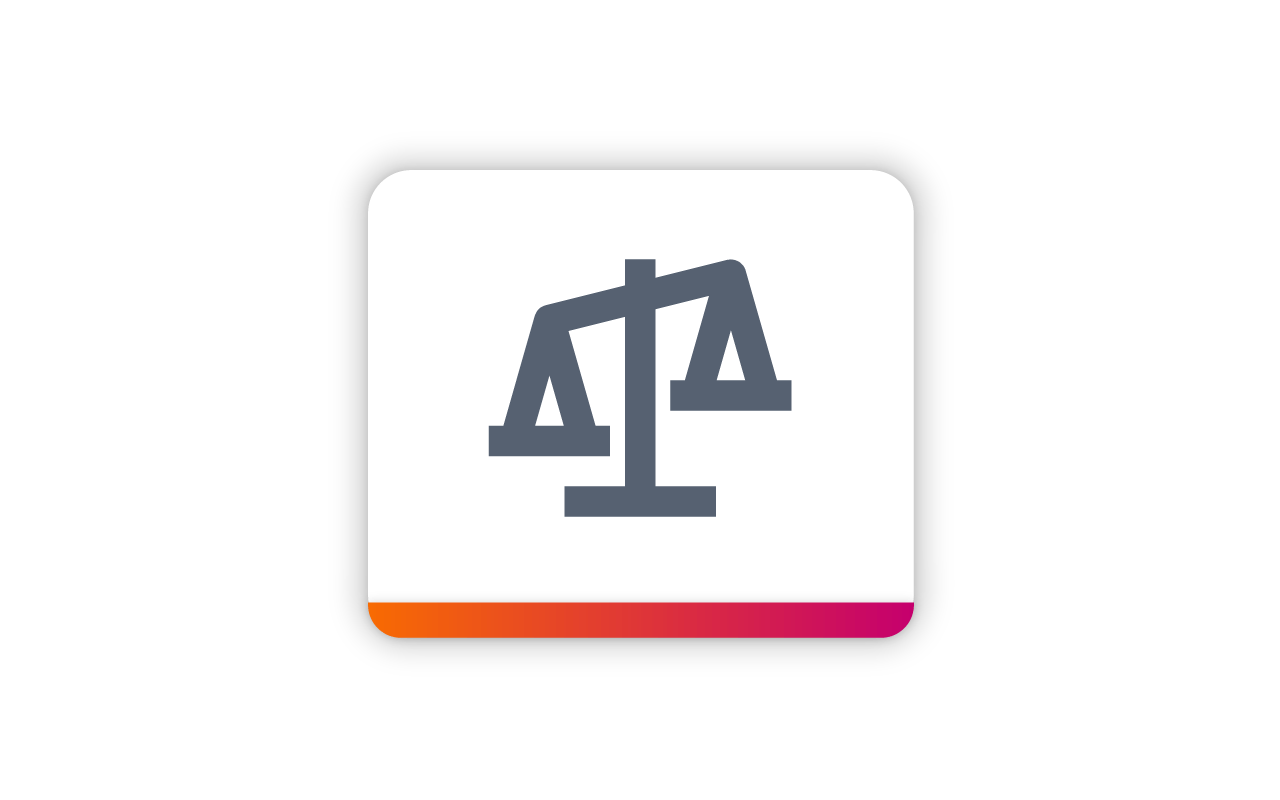Key Takeaway
When considering life insurance options, it’s important to understand that term life insurance policies typically do not build cash value—they provide a death benefit for a set term, such as 10, 20, or 30 years. On the other hand, cash value life insurance, such as whole life or universal life, may allow you to accumulate savings within the policy, which you may be able to access while you’re still living. If your primary goal is affordable protection for a specific period, term life insurance could be a good fit. However, if you’re looking for lifelong coverage with a potential savings component, a cash value policy may be worth considering.
What is Term Life Insurance?
Term life insurance is a temporary contract between you and a life insurance company. It provides coverage for a set period, often 10, 20, or 30 years, and pays a death benefit to your beneficiaries if you pass away during that term.
Unlike permanent life insurance, which offers lifelong coverage and includes a savings feature known as cash value, term life insurance policies typically do not accumulate any cash value. This lack of a cash component is one reason why term life insurance is often more affordable than other life insurance options.
Key Features of Term Life Insurance:
- Fixed Time Period: Coverage lasts for a specific term (e.g., 10, 20, or 30 years).
- Death Benefit: Pays out a death benefit if you pass away during the policy term.
- Lower Cost: Term life insurance is typically less expensive than whole life or other permanent policies.
- No Cash Value: Unlike permanent life insurance policies, term life generally does not accumulate cash value.
Does Term Life Insurance Have Cash Value?
No, term life insurance policies generally do not have cash value. These policies provide a death benefit if you pass away during the term but typically do not include a savings or investment component. The absence of cash value may be one reason why term life insurance premiums are lower than those of whole life insurance or other permanent life insurance policies.
What is Cash Value Life Insurance?
Cash value life insurance is a type of permanent life insurance that includes a savings component in addition to the death benefit. This means part of your premium payments may go into a cash value account, which has the potential to grow over time. Depending on the type of permanent life insurance, you may be able to access this cash value through loans, withdrawals, or by surrendering the policy.
Types of cash value life insurance include:
- Whole life insurance
- Universal life insurance
- Indexed universal life insurance
- Variable universal life insurance
Key Features of Cash Value Life Insurance:
- Lifelong Coverage: The policy remains active as long as premiums are paid.
- Cash Value Growth: A portion of your premiums is invested and may grow over time.
- Flexible Premiums: Some policies, such as universal life, may allow you to adjust your premium payments.
- Investment Options: With certain policies, like variable universal life, you may be able to invest the cash value in sub-accounts that function similarly to mutual funds.
Types of Cash Value Life Insurance
- Whole Life Insurance: Offers fixed premiums and a guaranteed death benefit. The cash value typically grows at a set rate and may be accessed through withdrawals or loans during your lifetime.
- Universal Life Insurance: Provides flexibility in premium payments and death benefits. The cash value account may grow based on the insurer’s interest rate, and you may be able to raise or lower your payments.
- Indexed Universal Life Insurance: Tied to the performance of market indexes such as the S&P 500, this type of policy may offer higher returns, though gains are often capped. There is generally a guaranteed minimum interest rate.
- Variable Universal Life Insurance: This policy allows you to invest the cash value in sub-accounts similar to mutual funds. The returns depend on market performance, so the cash value can increase or decrease.
Why Choose Term Life Insurance?
Term life insurance can be a suitable option if you need coverage for a specific period and want to keep costs lower. Here are some potential benefits:
The Pros of Term Life Insurance:
- Affordability: It is often the most cost-effective option for many people. Without a savings component, premiums are typically lower.
- Simple and Straightforward: Pay a fixed premium for a set time, and your beneficiaries may receive a death benefit if you pass away during the term.
- Ideal for Temporary Needs: It may be a good option for covering specific periods, such as while raising children or paying off a mortgage.
The Cons of Term Life Insurance:
- No Cash Value: If building wealth or having a savings component is important to you, term life insurance may not be the best fit.
- Coverage Expires: Once the term ends, you may need to renew or convert the policy to maintain coverage, which can lead to higher premiums.
Frequently Asked Questions - Do Term Life Insurance Policies Have Cash Value?
Do Term Life Insurance Policies Have Cash Value?
No, term life insurance policies generally do not have cash value. They are designed to provide a death benefit during the policy’s term without accumulating savings.
What types of life insurance offer cash value?
Whole life insurance, universal life insurance, indexed universal life insurance, and variable universal life insurance may offer a cash value component.
Can I convert a term life insurance policy to a whole life policy?
Yes, many policies offer convertibility, allowing you to switch to a whole life or universal life insurance policy without needing a new medical exam, depending on the terms of the policy.
